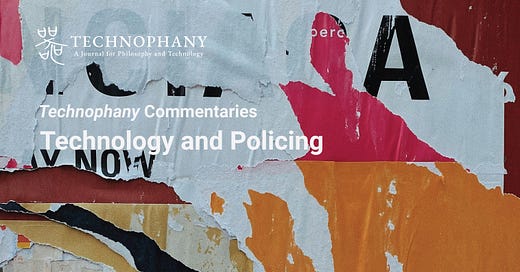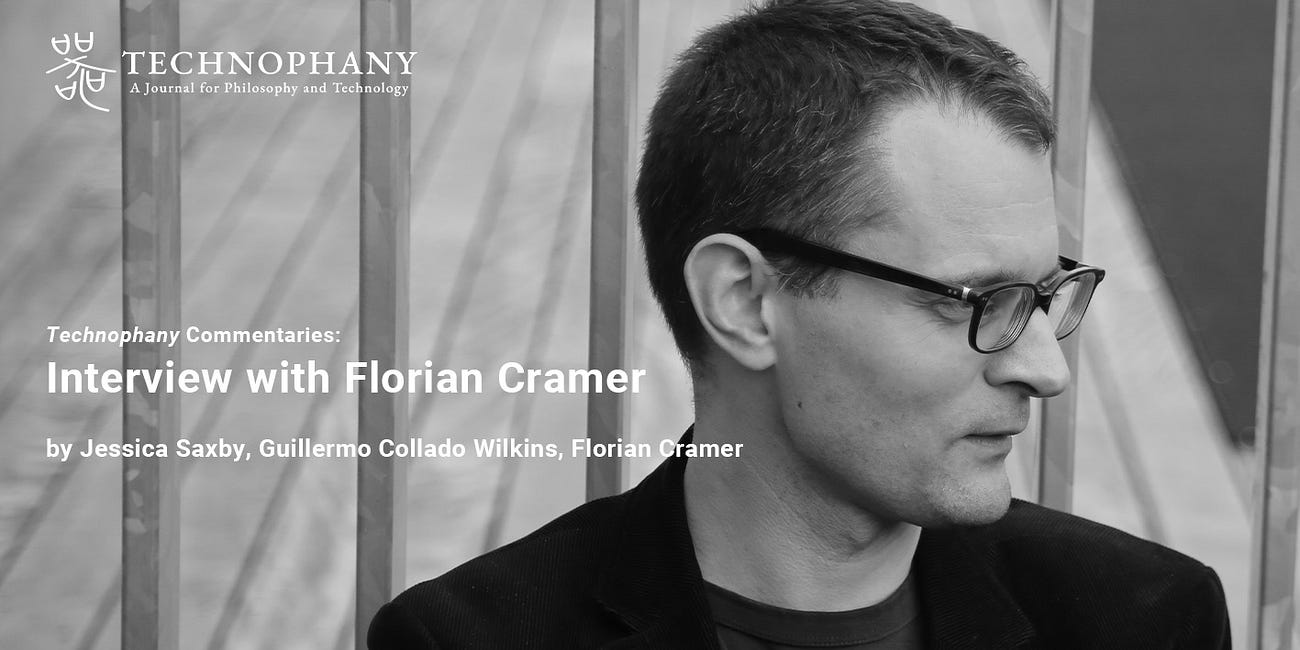The Ambivalence of Surveillance | Commentaries: Technology and Policing (Part 1 of 3)
As part of a new series of articles for Technophany’s Commentaries section, we have translated the essay Tout le monde deteste la TechnoPolice by the collective TechnoPolice, first published in 2018. We also carried out an interview with philosopher Florian Cramer on surveillance, AI, and systems of control. The short article below introduces this dossier and its focus on technology, policing, and surveillance in France.
Everybody Hates the Technopolice | Commentaries: Technology and Policing (Part 2 of 3)
In the wake of the Second World War, writer Aldous Huxley noted in an essay that “in the past, personal and political liberty depended to a considerable extent upon governmental inefficiency.” It was 1946, and he already felt that this was no longer the case. “Progressive science and technology,” he writes, “have changed all this completely,”…
Interview with Florian Cramer | Commentaries: Technology and Policing (Part 3 of 3)
Given the focus of this series of articles in Technophany’s Commentaries on techno-policing and surveillance in France, we would like to start by asking you about the following assertion that you make in Crapularity Hermeneutics: “Whether or not A.I., or some types of A.I., are fundamentally flawed and unfit for their purpose, they nevertheless will be developed and used when they seem to get things done and when they deliver, most importantly, quantifiable results.” Drawing on some of the psychoanalytic undertones of the text, we wanted to ask how AI systems create an “illusion of control,” and how that illusion structures our reality.






